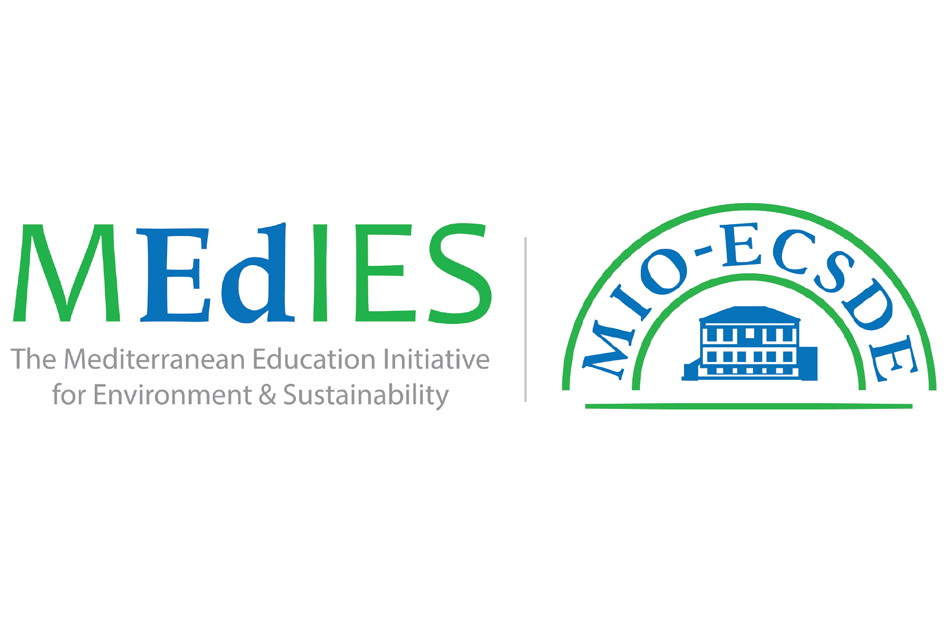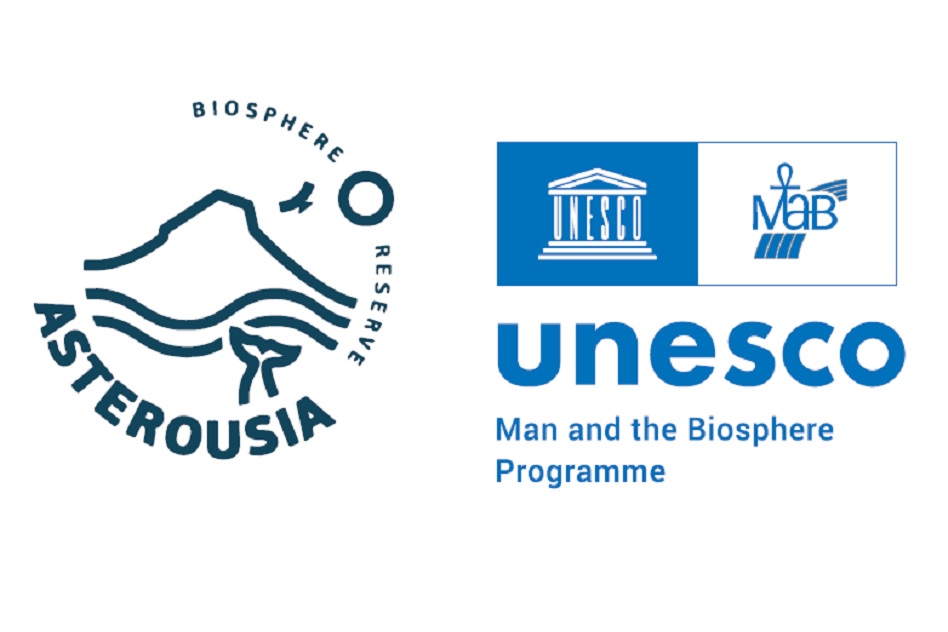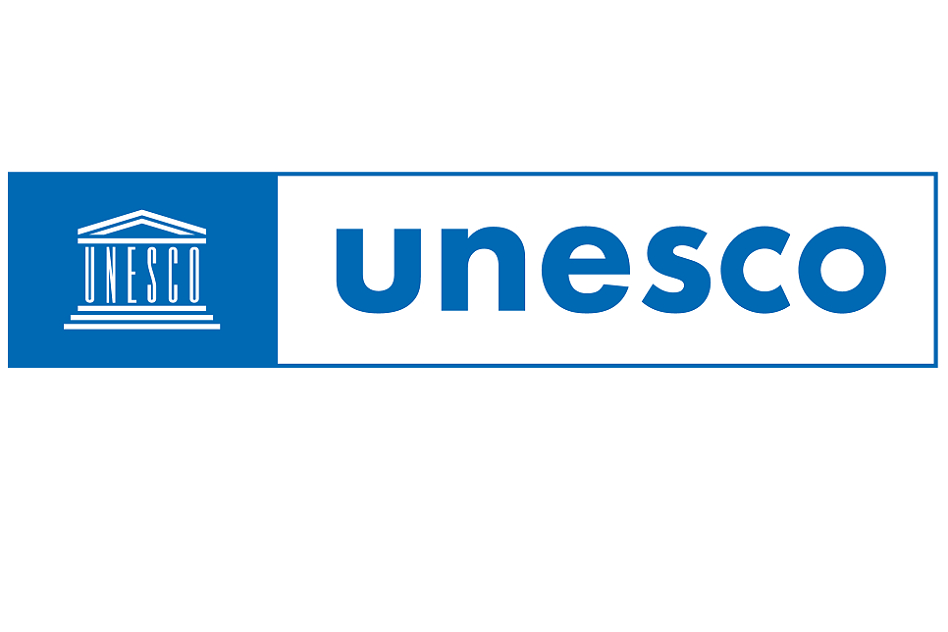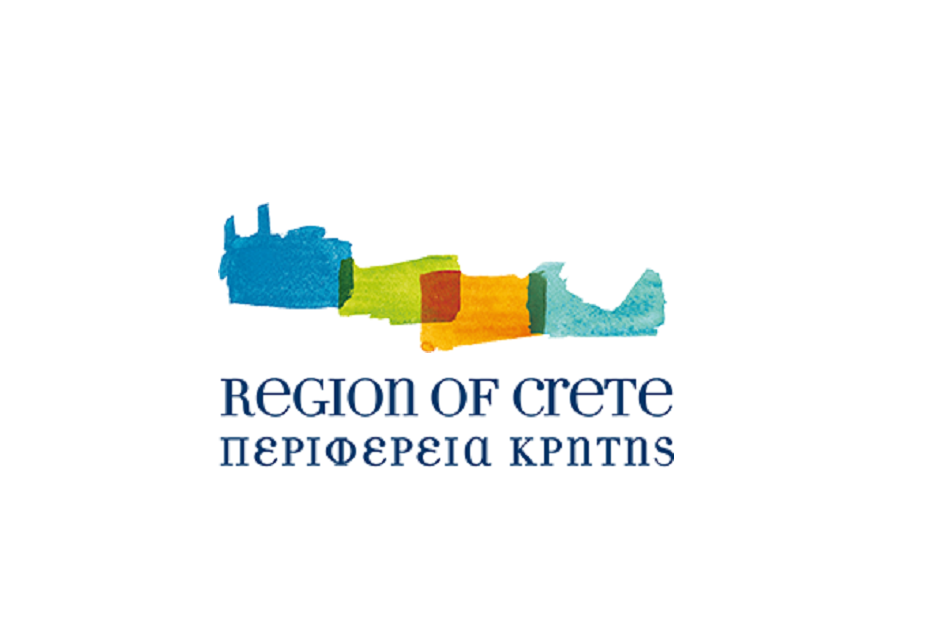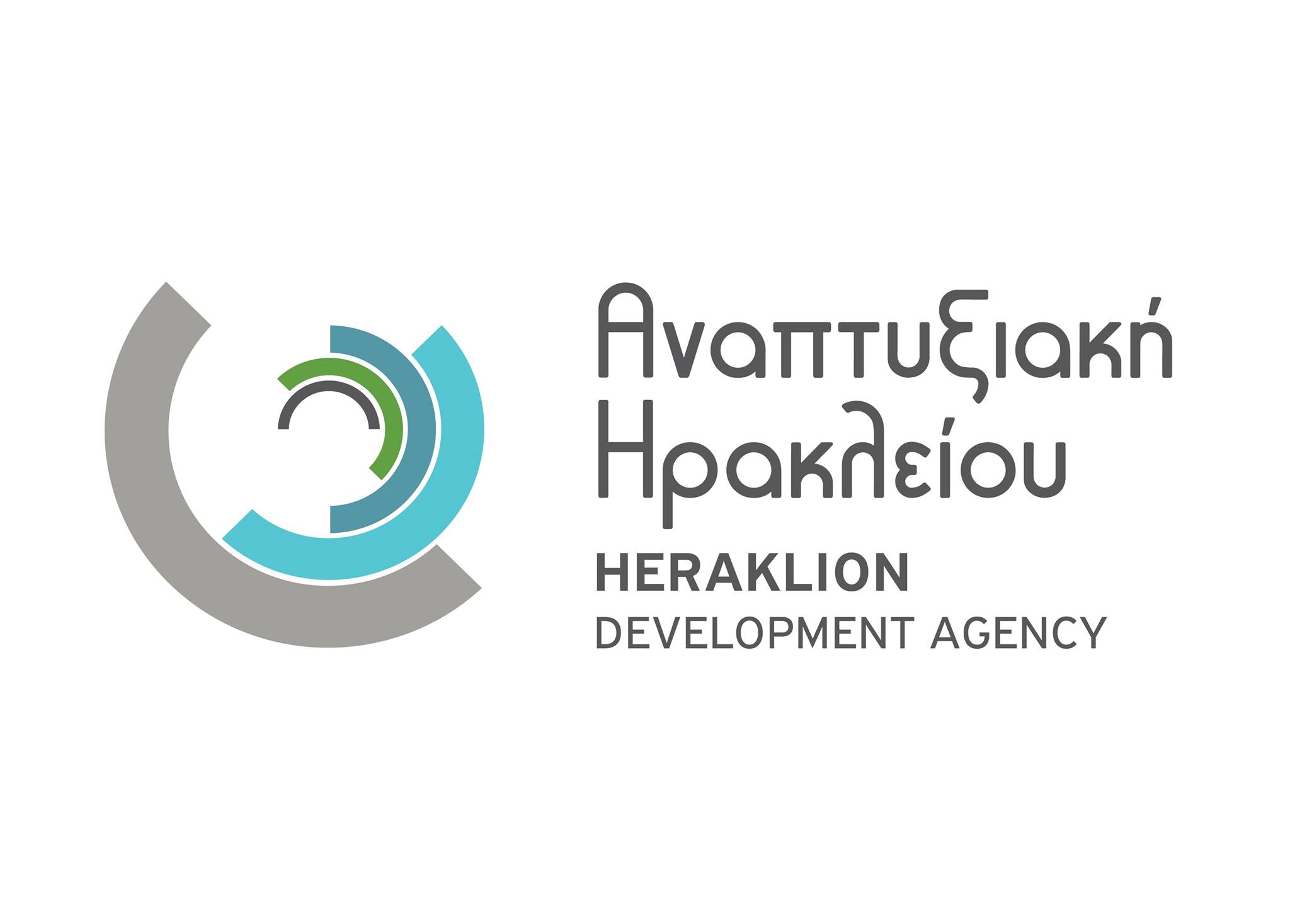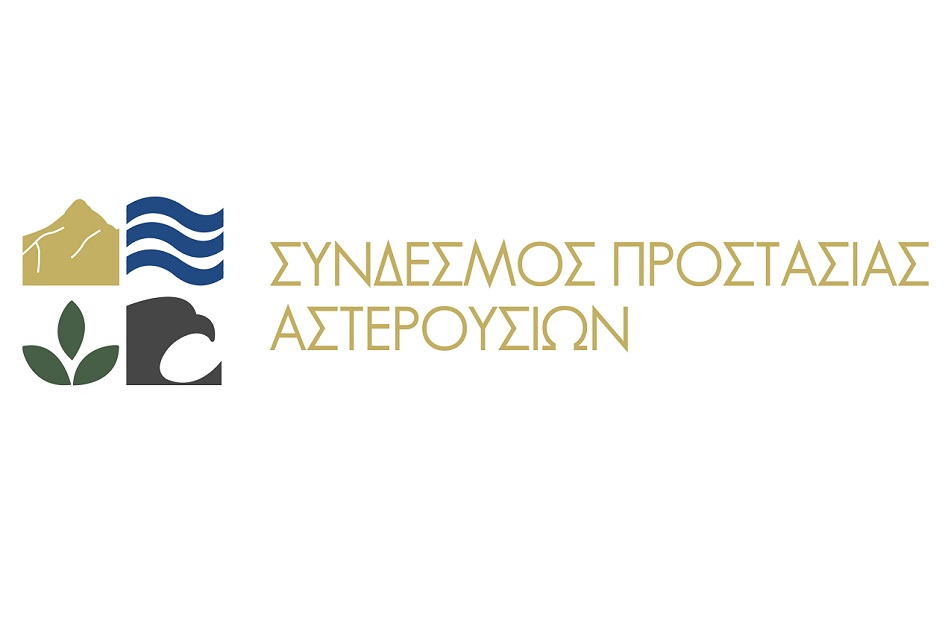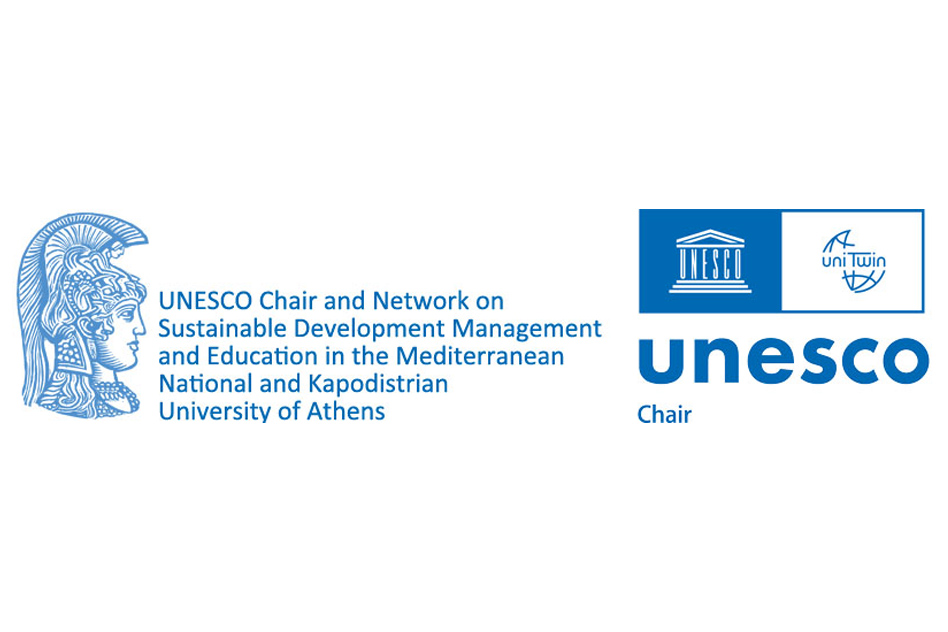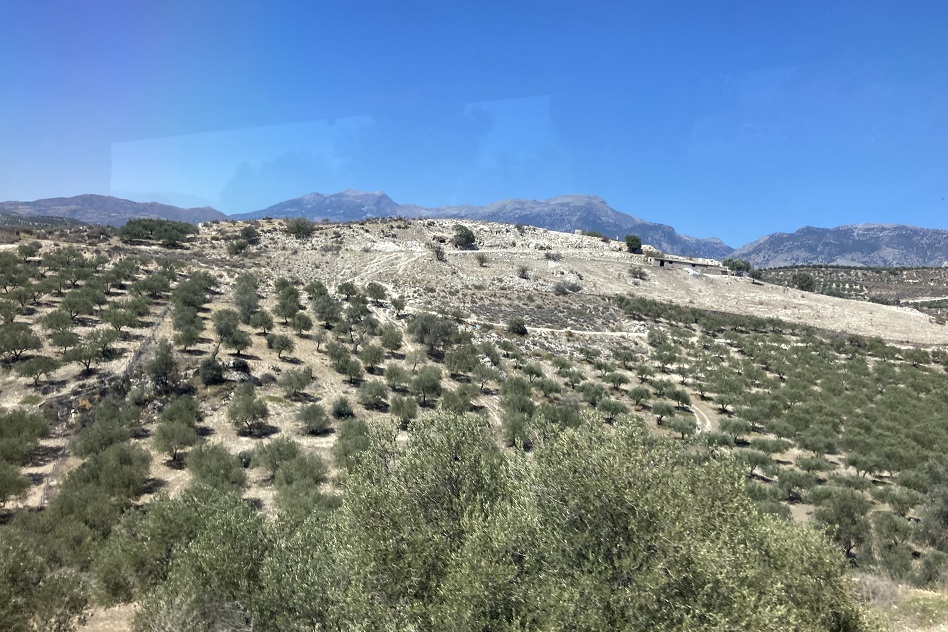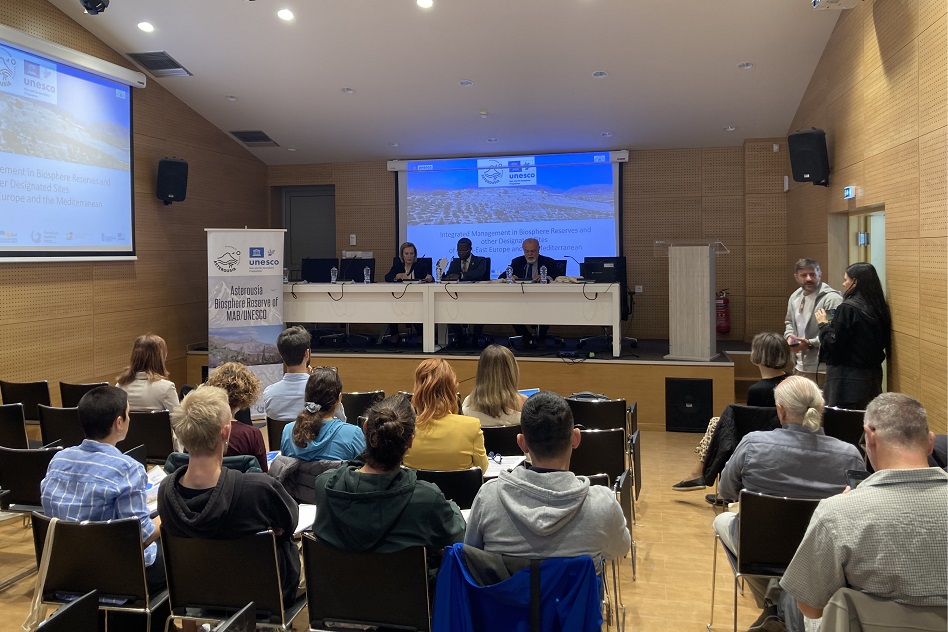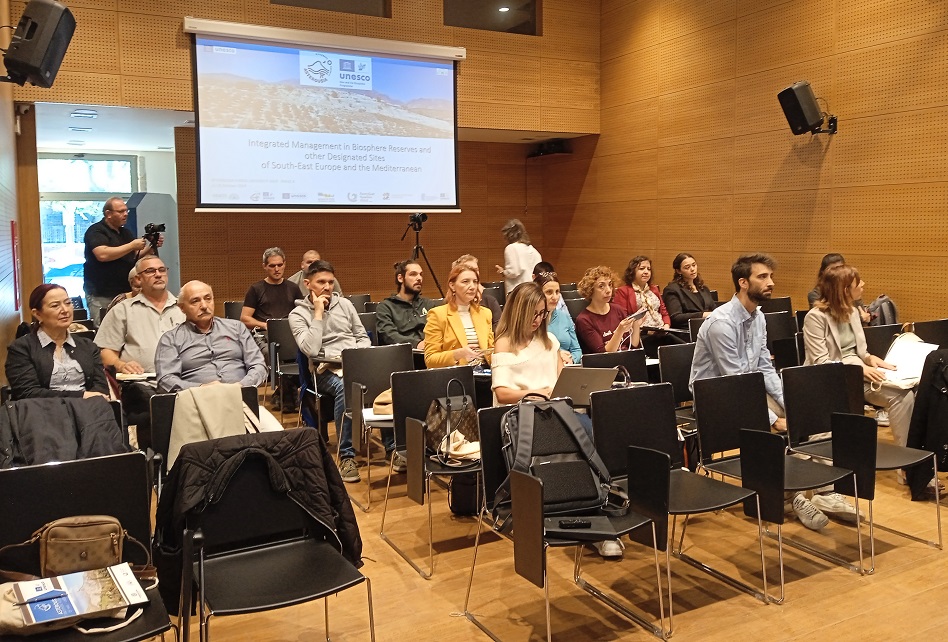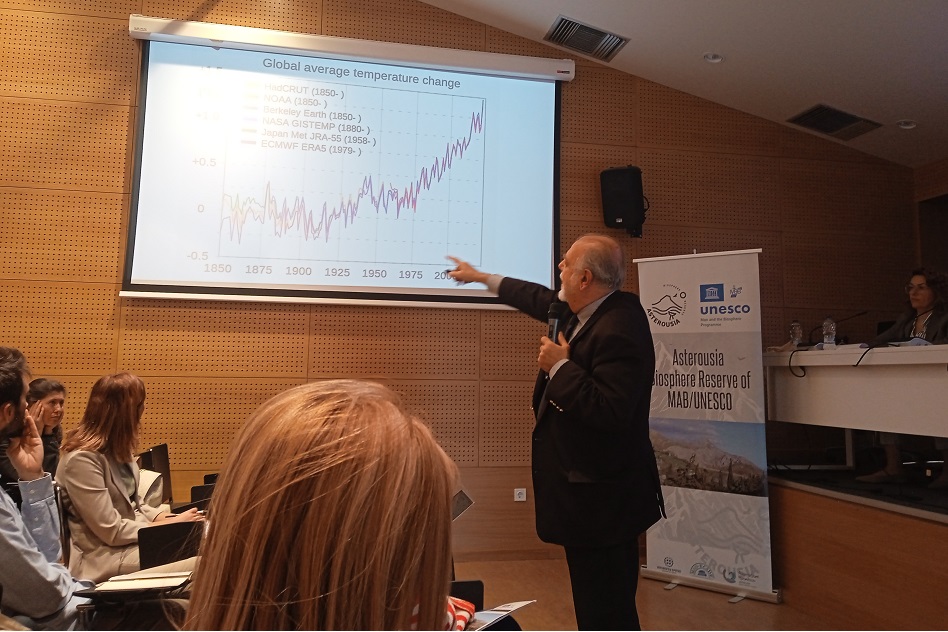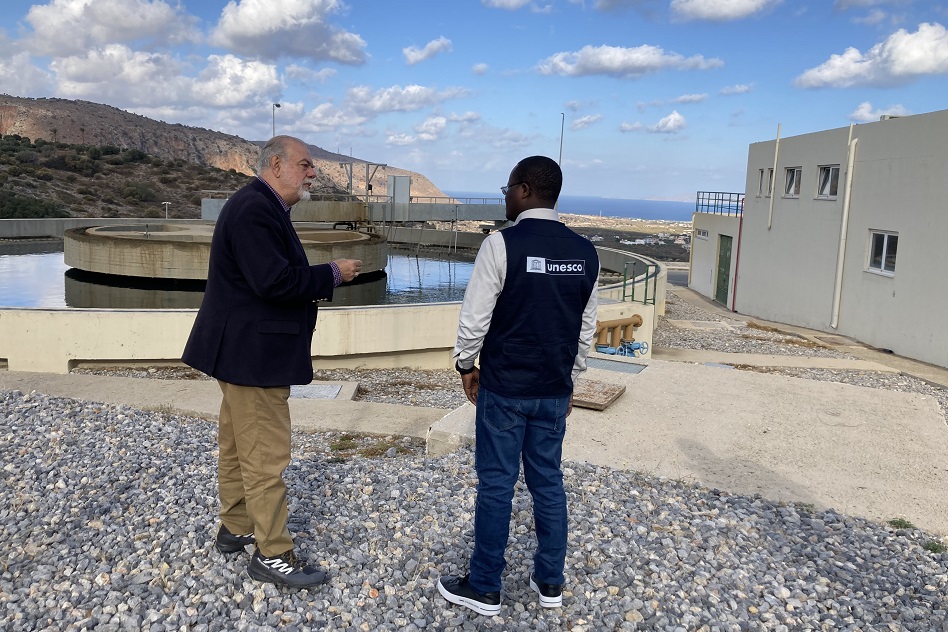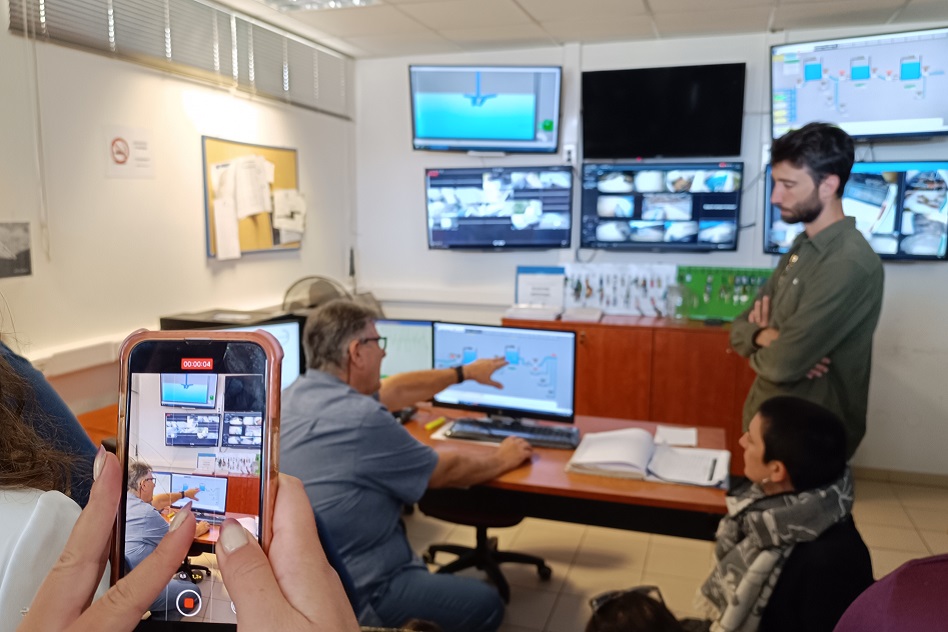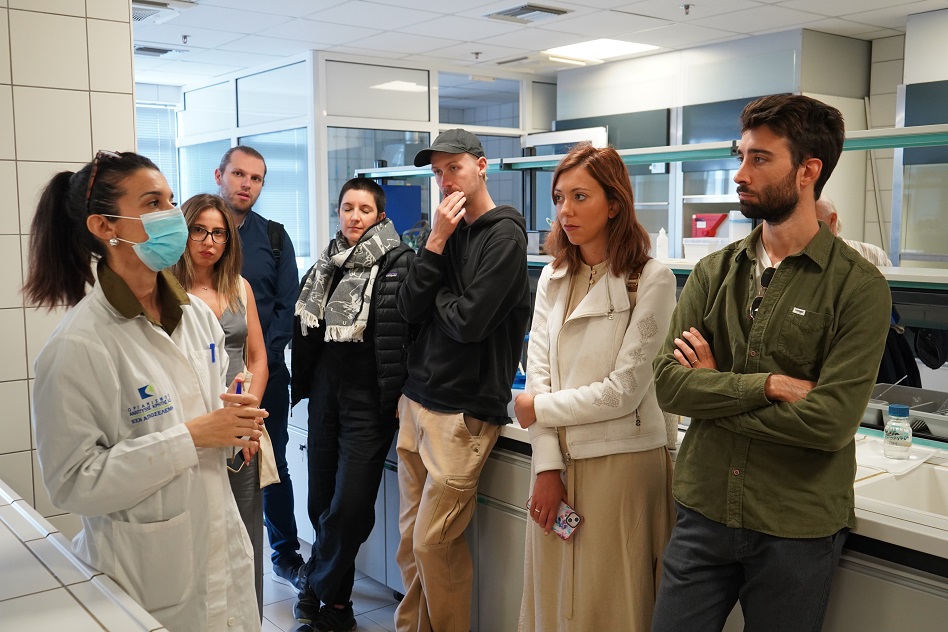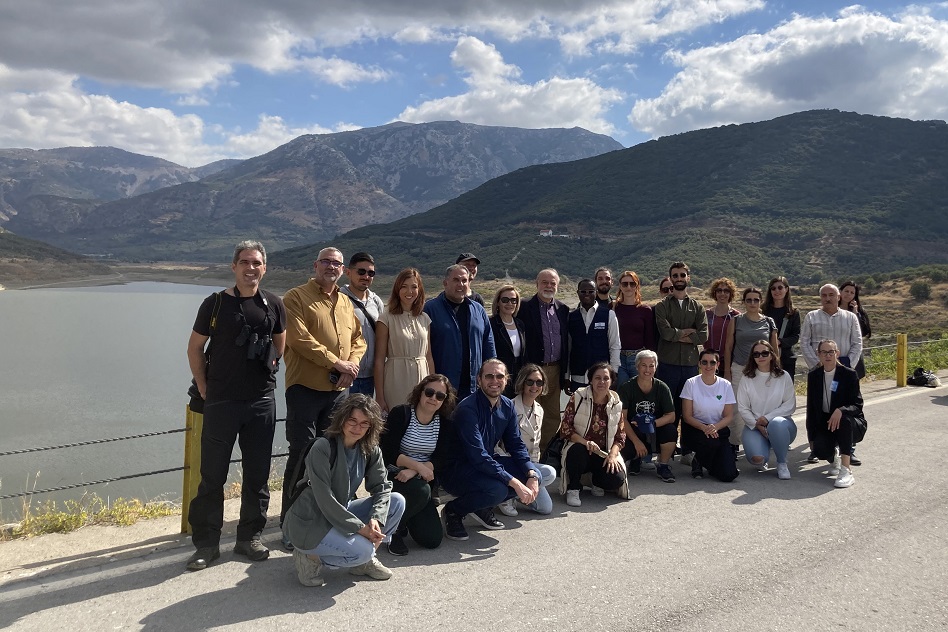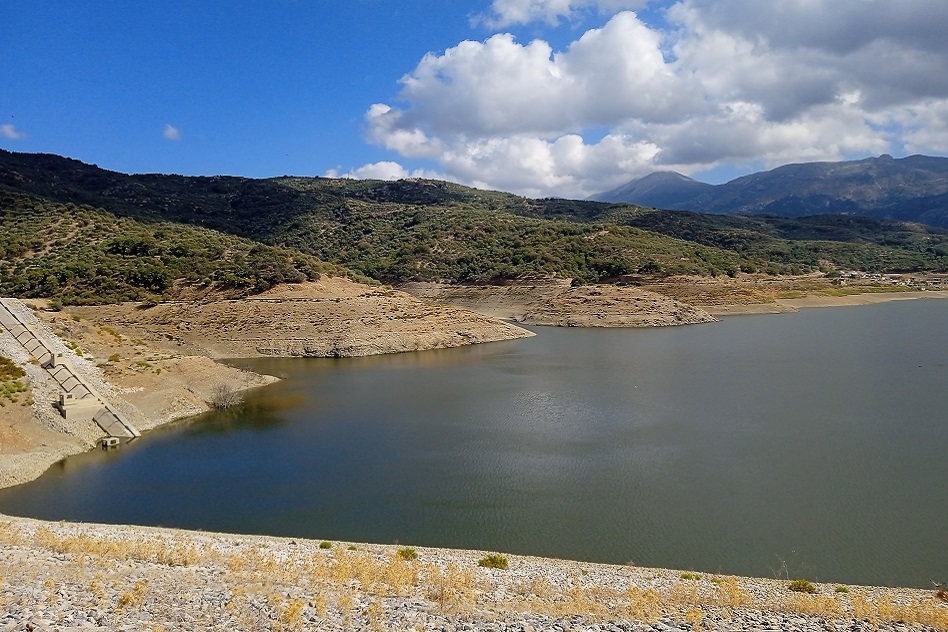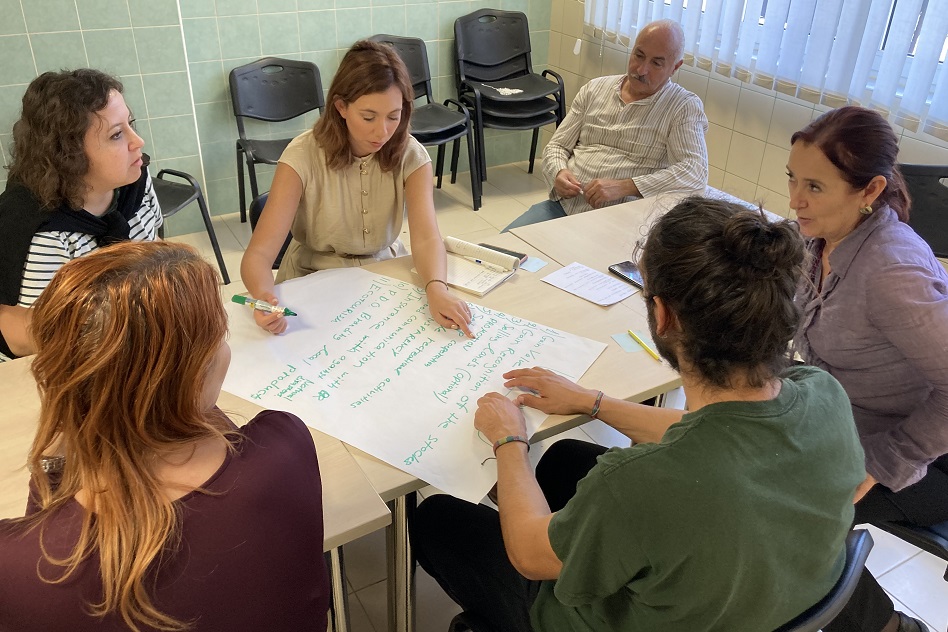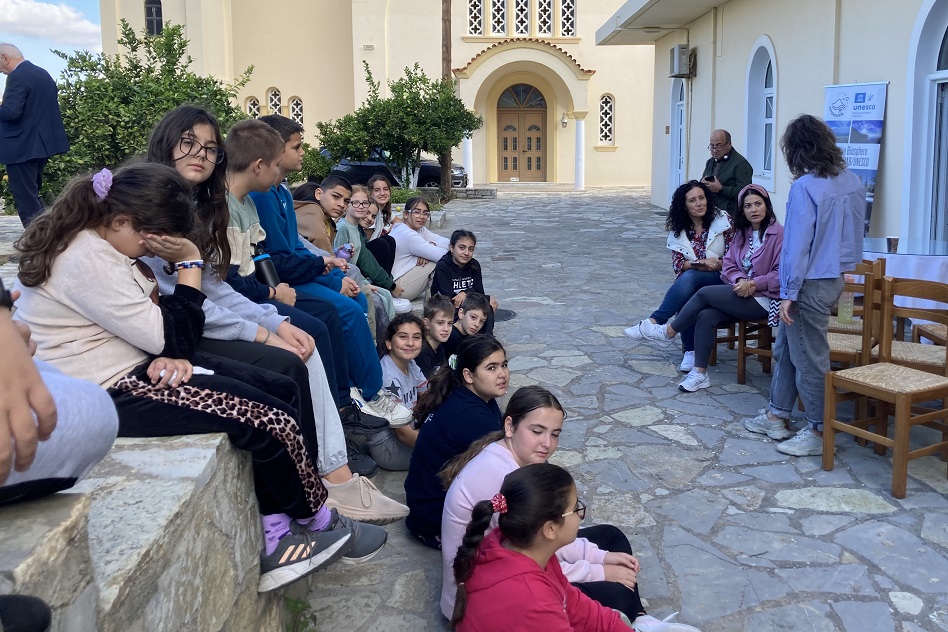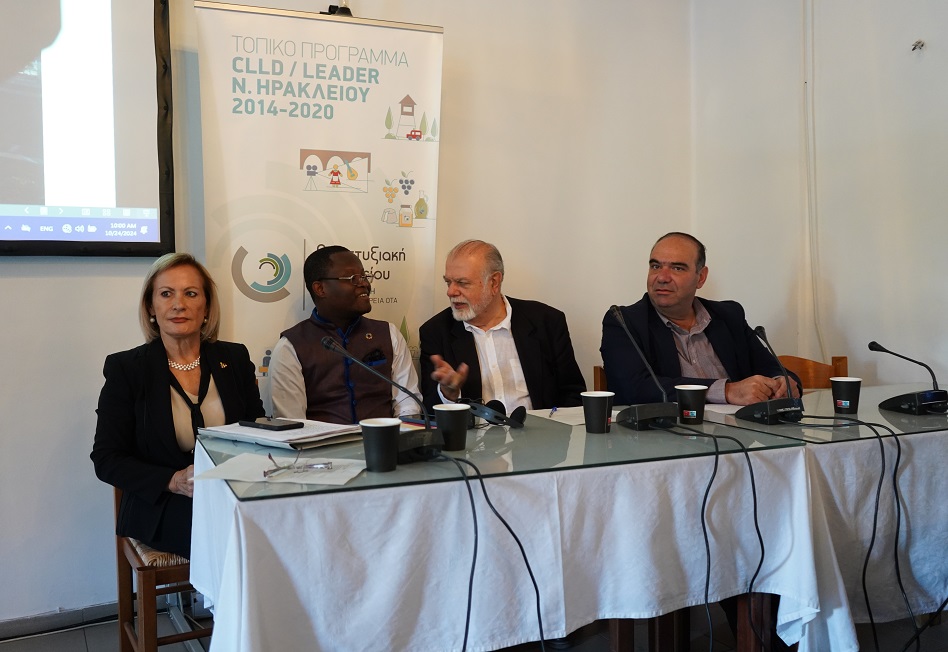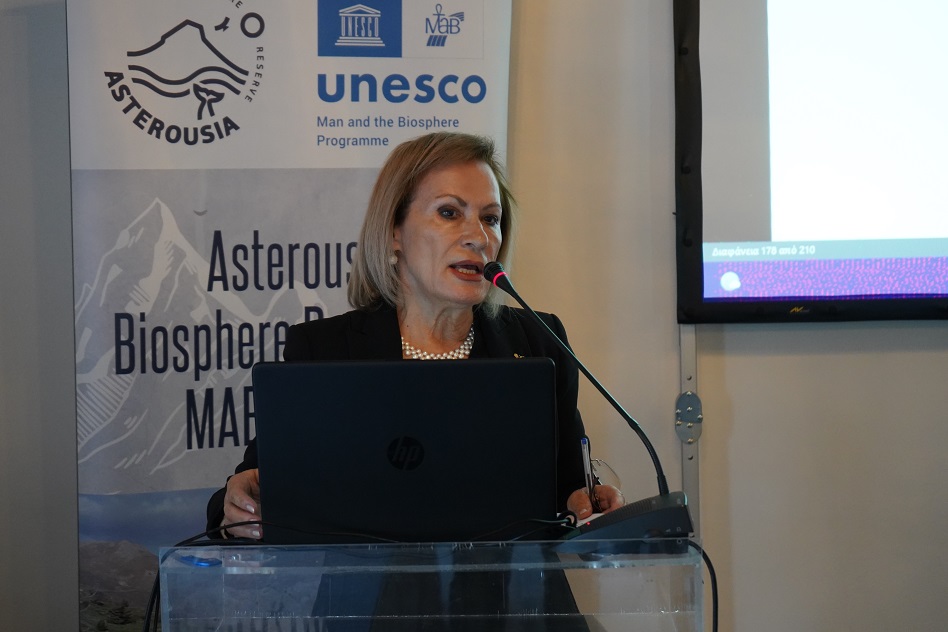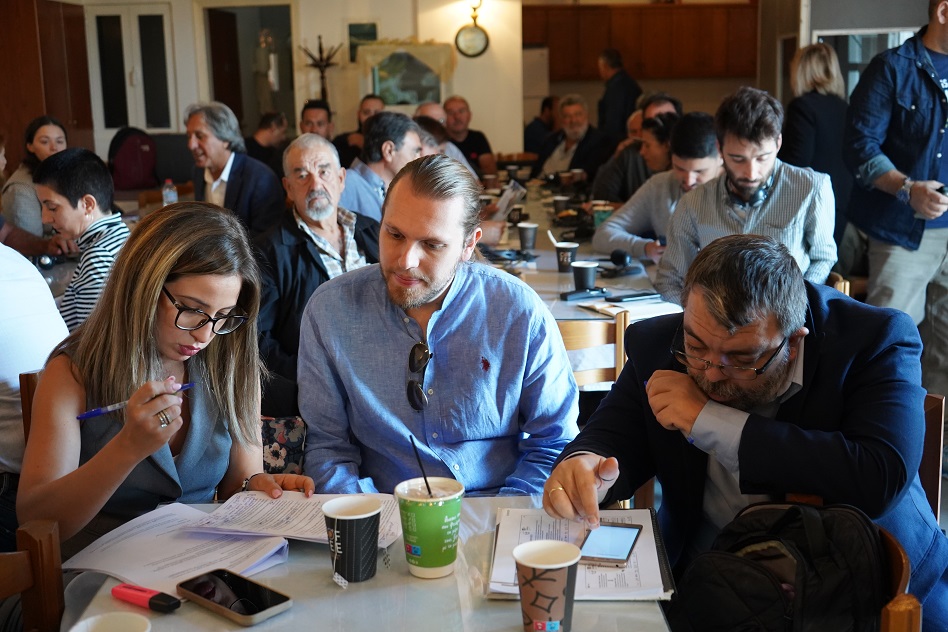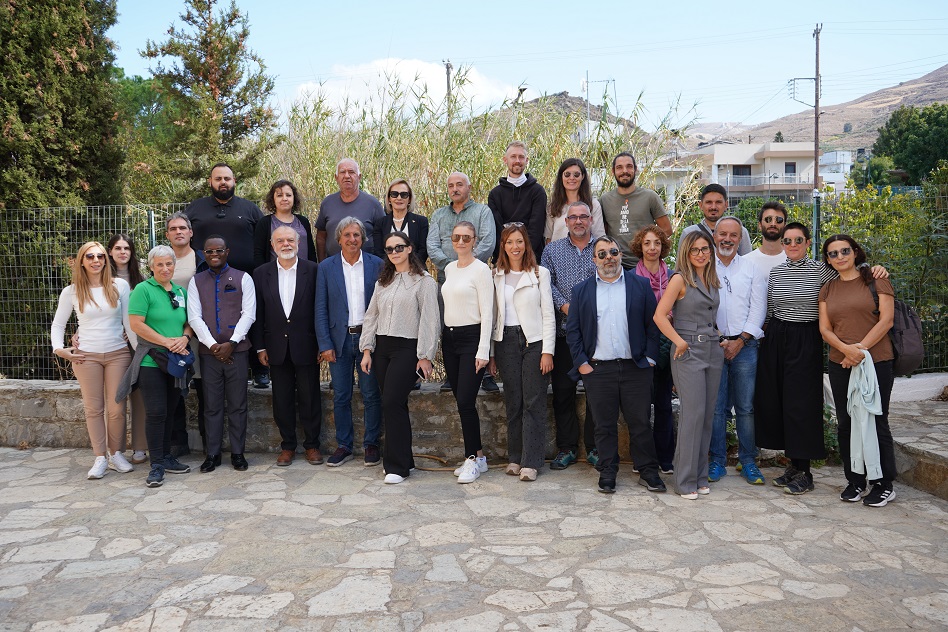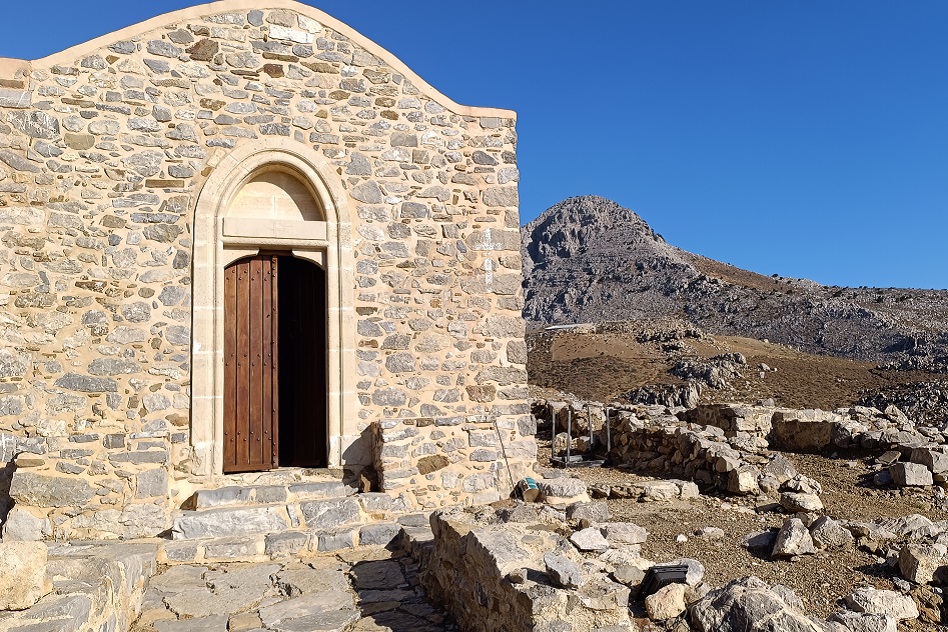Asterousia 2024 - Phase A
Integrated Management in Biosphere Reserves and other Designated Sites of South-East Europe & the Mediterranean. This year we focused on SDG 15 ‘Life on Land’ and SDG 6 ‘Water’ with a glimpse on terrestrial and aquatic ecosystems.
Building on the long-standing collaboration and shared commitment between MIO-ECSDE and the UNESCO Regional Bureau in organising the Summer or Hybrid Universities, this year’s Asterousia Hybrid University (AHU) focusing on “Water Management in Biosphere Reserves and other designated Sites of SE Europe and the Mediterranean”, was held live (Phase A) from 21 to 25 October in Asterousia BR in Crete.
The overall aim was to equip those that took part, through mutual learning, and exchanges with the knowledge, skills, and methodology tools that will motivate and inspire them in rendering their BRs living labs for sustainability.
The 30 participants from 11 countries, coming primarily from South-Eastern Europe and Mediterranean countries, included postgraduate students, educators, young scientists, managers, and those working or studying in existing, candidate or potential BRs, Geoparks, ecohydrology demonstration sites, Natura 2000, and other designated sites.
Phase A was designed as a three-day compact event with a diversified focus:
- Day 1 covered integrated management strategies (on sustainability and water),
- Day 2 focused on Monitoring practices and tools, also through workshops,
- Day 3 was a bilingual event focused on draughts, that brought together the AHU participants with the locals of the BR.
The participants followed lectures, did site visits and took part (or led) peer learning workshops, through which they gained a deeper understanding of management issues, like “what is integration”, “what is meaningful youth engagement”, “what is effective communication”, “what questions to ask when in process of for Environmental Restoration?”, “What are Nature based solutions and how can we apply them?”
PHASE B (online) of the Asterousia Hybrid University is planned to take place in January 2025 as a three-week long training event, to provide learning opportunities to a wider international audience (for up to 100 participants). Stay tuned!
2024-2025 Focus Theme
The main theme this year will be SDG 15 ‘Life on Land’ terrestrial (and aquatic) ecosystems within the context of integrated management approaches such as the the Water-Energy-Food-Ecosystems (WEFE) nexus and the Source-to-Sea continuum approach. Specific sub-topics to be covered through the lectures, workshops, field-visits and peer learning activities are:
-
- How local actions in BRs and other sites can be good practices, could be monitored and could provide data that could be used as indicators to help meet the SDG 15 targets
- Biodiversity Assessments | Establishing Monitoring Systems to track progress
- Freshwater related challenges in BRs (e.g. land use, soil degradation, intensive agriculture, pollution, overexploitation, etc.) and solutions, including Non-Conventional Water Resources and small reservoirs
- Good practices from Ecohydrology demonstration sites
- Degraded Habitat Restoration projects such as tree-planting, reforestation and wetland restoration.
- Sustainable eco / agro tourism practices
- The role of Community engagement | Youth | Citizen Science approaches under the umbrella of Education for Sustainable Development (ESD)
We are experiencing the effects of the climate crisis in a very violent way. It is imperative that we adapt to the new conditions because the lack of water has affected everything from the water supply, to the productive sectors in our region. Our plan for the next day should be everyone’s common goal.
UNESCO is on the side of the scientists who have started the effort of drawing up and implementing a Water Strategy for the Asterousia BR, to deal with the drought and desertification.
The problem cannot be solved with wishful thinking, but with rational management, infrastructure works, and also with responsible use and a changed mentality from all of us.
Crete is considered as a climate change indicator for Europe. Within our development planning, a primary goal is to create infrastructures for water management.
The issue of water scarcity is extremely critical and of course it has behind it the bad management, which in turn is merely a result of people’s poor habits.
Organisers
The main organisers & sponsors of the 2024 Hybrid University are:
- The UNESCO Regional Bureau for Science and Culture in Europe (Link)
- Region of Crete (Link)
- Heraklion Development Agency (Link)
- The Local Management Committee of Asterousia
- UNESCO Chair and Network on Sustainable Development Management and Education at the University of Athens (UoA)
- The Greek National Committee of the MAB/UNESCO Programme
- Mediterranean Information Office for Environment, Culture and Sustainable Development (MIO-ECSDE) through the MEdIES initiative (Link MIO-ECSDE, Link MEdIES)
Other contributors: The Hybrid University will bring together a series of actors involved with freshwater or marine water management in and around the Asterousia BR, including:
- Romanian Science UNESCO network
- Natural History Museum of Crete
- Association for the Protection of Asterousia (Link)
